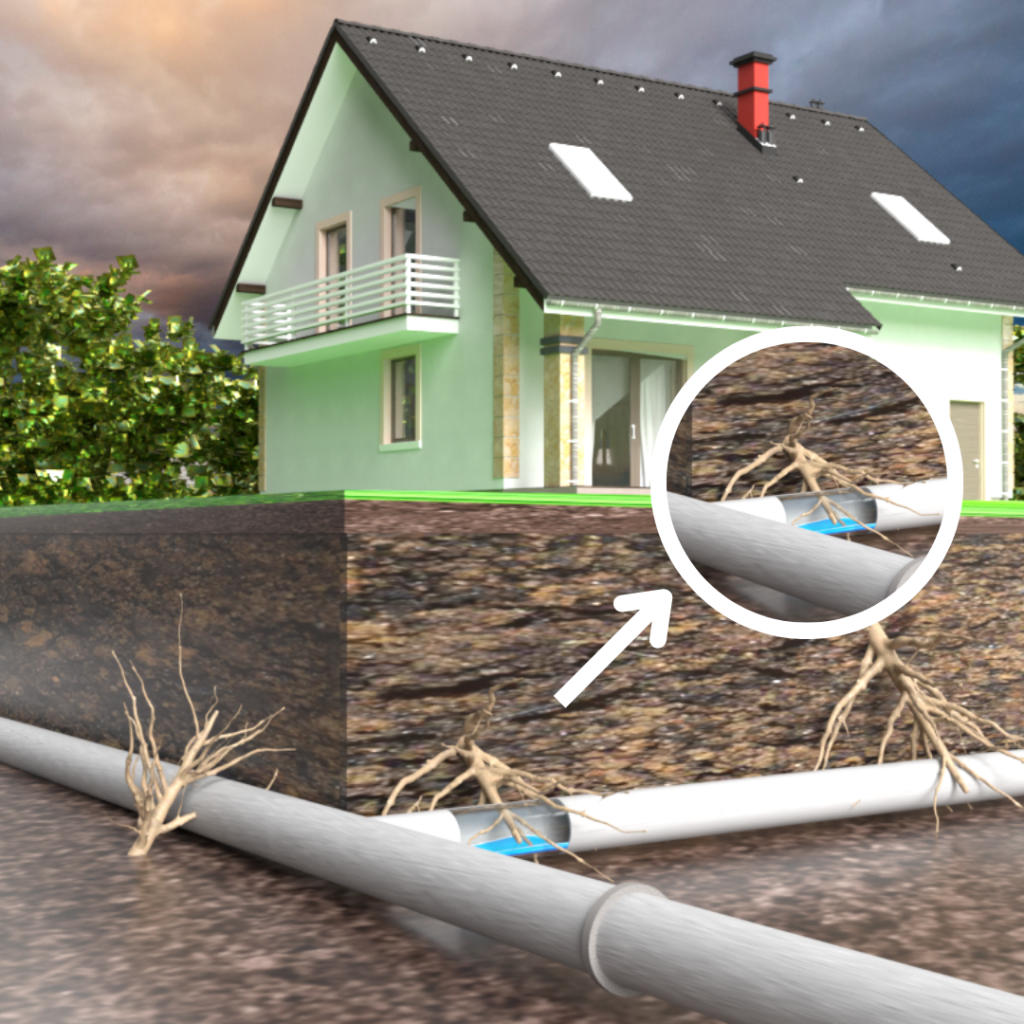
Your dream home search is underway, and you’ve found the perfect property, or so it seems. Before you make the biggest investment of your life, it’s crucial to ensure that even the hidden elements of your new home are in top-notch condition. One such often-overlooked aspect is the sewer line. In this blog, we’ll dive into sewer lines and the importance of sewer scope inspections.
What’s Hiding Beneath the Surface?
Sewer lines are the unsung heroes of your home’s plumbing system. They’re responsible for carrying all the wastewater from your sinks, toilets, showers, and other plumbing fixtures to the municipal sewer or septic tank. These underground pipelines do their job quietly, until they don’t. A damaged or clogged sewer line can lead to expensive repairs and a host of inconveniences.
Sewer Scope Inspections: Unveiling the Mystery Below
So, how do you ensure that the sewer lines beneath your potential new home are in good shape? Enter the sewer scope inspection. This specialized service involves inserting a small, waterproof camera into the sewer line to visually inspect its condition.
Here’s why sewer scope inspections are vital:
- Detecting Hidden Issues: Sewer lines are often underground and out of sight, making it challenging to assess their condition without a specialized inspection. The camera provides a real-time view of the inside of the sewer line, revealing cracks, blockages, root intrusions, and other potential problems.
- Preventing Future Headaches: Identifying issues early can save you from unexpected and costly repairs down the road. Repairing or replacing a damaged sewer line is far more manageable when caught in its infancy.
- Negotiating Power: Armed with the results of a sewer scope inspection, you can negotiate with the seller if issues are discovered. This could potentially save you money or lead to necessary repairs before you close the deal.
When Should You Get a Sewer Scope Inspection?
Sewer scope inspections are recommended in several situations:
- Before Buying a Home: As part of your due diligence, consider getting a sewer scope inspection to ensure there are no hidden issues that could become your responsibility after purchase.
- During Routine Maintenance: If you’ve been living in your home for some time and are experiencing recurring sewer line issues, a sewer scope inspection can pinpoint the cause.
- After Tree Root Problems: If you have trees near your sewer lines, root intrusions can be a common problem. A sewer scope inspection can help assess and address the extent of the issue.
Choosing a Qualified Inspector
When scheduling a sewer scope inspection, it’s essential to work with a qualified professional. Look for a company that specializes in this service and has experience in the field. A good inspector will provide you with a detailed report and explain their findings clearly.
In conclusion, a sewer scope inspection is a small investment that can yield substantial benefits. It provides peace of mind and helps you avoid potentially expensive and messy situations. Whether you’re in the process of buying a new home or you want to maintain your current one, consider adding a sewer scope inspection to your checklist. After all, it’s the hidden aspects of a home that often matter the most.
